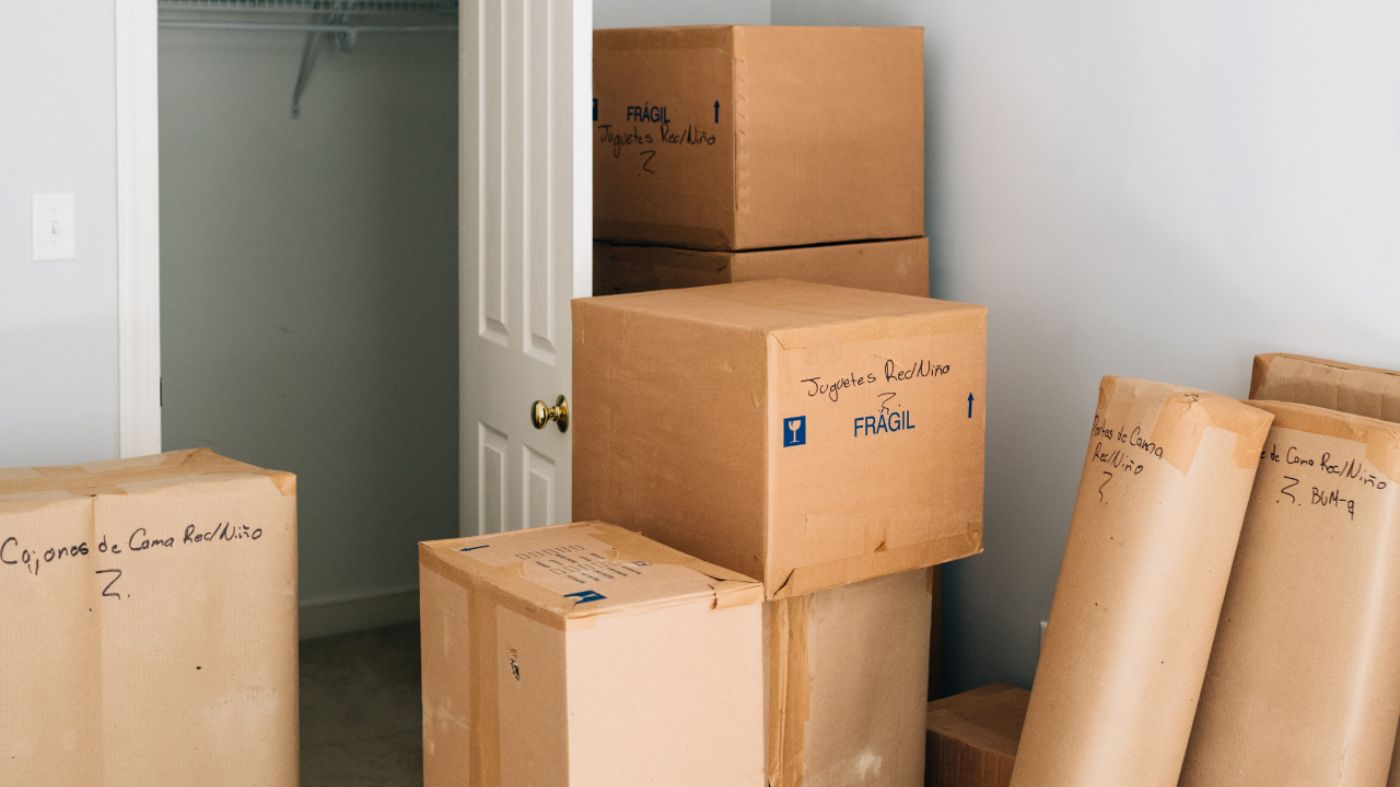
When a member loses a spouse or long-term partner, their housing situation often becomes unstable—emotionally, financially, and physically. Grief is personal, but the downstream effects are widely felt: missed appointments, increased healthcare use, loss of engagement, and unsafe living conditions. For health plans, it’s not just a human moment—it’s a critical intervention point.
At Upside, we’ve seen firsthand how post-loss housing transitions affect older adults. Below are five reasons why bereavement often leads to housing instability—and why housing support should be part of your health plan’s response.
After the loss of a partner, a home can become a space of grief rather than comfort. Members may feel stuck in an environment filled with emotional triggers, leading to isolation, anxiety, or even depression. Without intervention, this can spiral into disengagement or increased healthcare utilization.
Why it matters to plans: Supporting a member through a housing transition isn’t just compassionate—it reduces risk and stabilizes health trajectories.
Bereaved members often remain in homes that are no longer affordable or practical to maintain. High utility bills, home repairs, and property taxes can all strain limited budgets—especially for those on fixed incomes.
Why it matters to plans: Downsizing into safer, more affordable housing improves financial stability, which is tightly linked to long-term health outcomes.
Loss of a partner is one of the most significant predictors of adverse health events in older adults. Housing instability exacerbates that risk, creating additional barriers to recovery and support.
Why it matters to plans: Placing members in stable, accessible housing during bereavement can reduce costly downstream events and enable better mental health outcomes.
After a loss, members may withdraw from their social networks. Relocation—especially when closer to family or community resources—can help them rebuild support systems and avoid prolonged isolation.
Why it matters to plans: Social connection is a leading predictor of health. Housing transitions can reignite engagement and improve quality of life.
The death of a spouse often prompts members to reevaluate their living situation. This is a natural window for health plans to step in—not just with care management, but with housing support.
Why it matters to plans: When a housing stability solution is ready at the right moment, plans can reduce disruption, prevent churn, and reinforce long-term member trust.
Housing instability doesn’t always look like eviction or homelessness. Sometimes, it looks like a quiet home filled with grief and no plan for what comes next. That’s why health plans need a housing partner who understands these moments—and can act.
Upside is built to support members through life’s hardest transitions—placing them in stable housing that drives better outcomes for everyone.